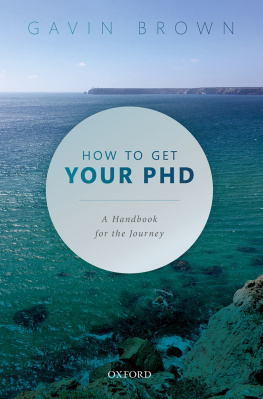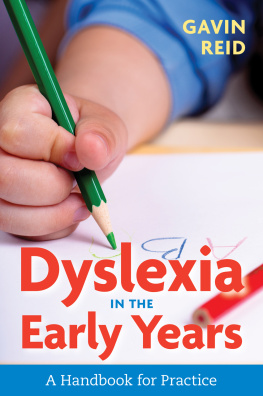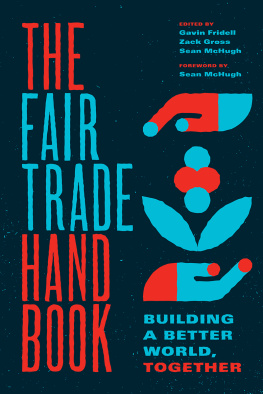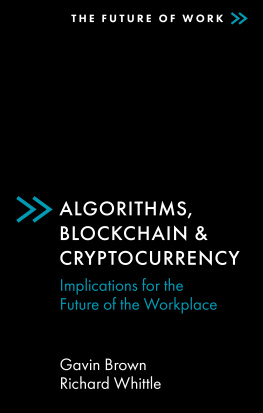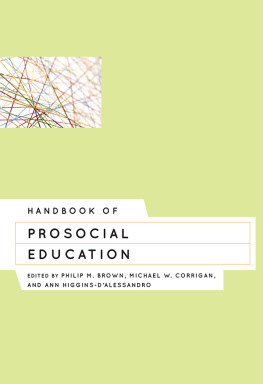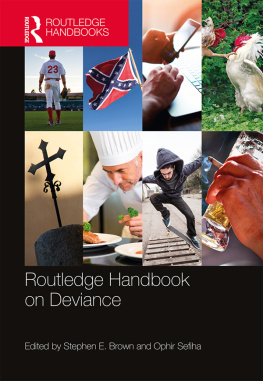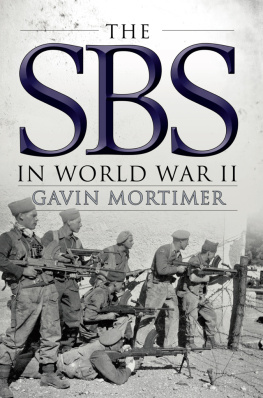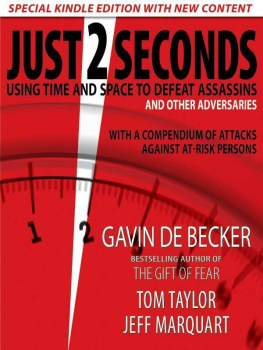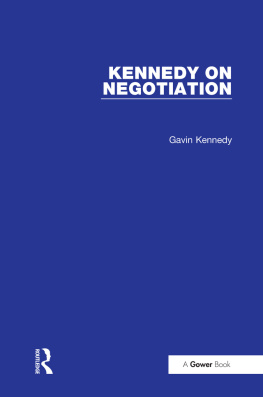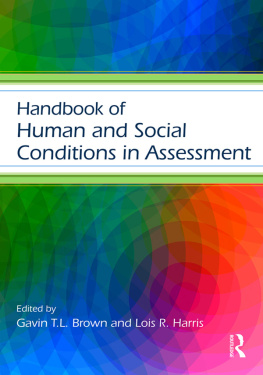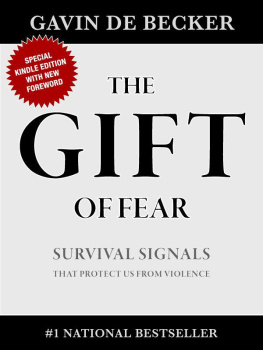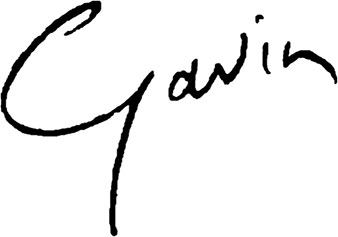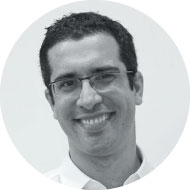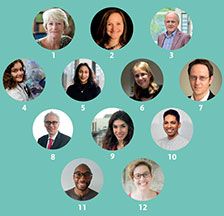How To Get Your PhD

Great Clarendon Street, Oxford, OX2 6DP, United Kingdom
Oxford University Press is a department of the University of Oxford. It furthers the Universitys objective of excellence in research, scholarship, and education by publishing worldwide. Oxford is a registered trade mark of Oxford University Press in the UK and in certain other countries
Oxford University Press 2021
The moral rights of the author have been asserted
First Edition published in 2021
Impression: 1
All rights reserved. No part of this publication may be reproduced, stored in a retrieval system, or transmitted, in any form or by any means, without the prior permission in writing of Oxford University Press, or as expressly permitted by law, by licence or under terms agreed with the appropriate reprographics rights organization. Enquiries concerning reproduction outside the scope of the above should be sent to the Rights Department, Oxford University Press, at the address above
You must not circulate this work in any other form and you must impose this same condition on any acquirer
Published in the United States of America by Oxford University Press
198 Madison Avenue, New York, NY 10016, United States of America
British Library Cataloguing in Publication Data
Data available
Library of Congress Control Number: 2020948805
ISBN 9780198866923
ebook ISBN 9780192636775
Printed and bound by
CPI Group (UK) Ltd, Croydon, CR0 4YY
Links to third party websites are provided by Oxford in good faith and for information only. Oxford disclaims any responsibility for the materials contained in any third party website referenced in this work.
For Moonlight.
Preface
Wow, doing a PhD is hard, isnt it? I assume youre here because you agree, and are finding it tough. I hope I can help. At the time of writing, Ive supervised seventeen PhDs, and been an examiner for more than twenty-five others, across the UK, the USA, and Europe. Several of my students have won local, national, and international prizes for their workbut, just like you, they still found the PhD process very tough. This book contains all the useful tips and tricks that Ive collected over the years. I say these things to my own students, and I had them said to me. Heres the first thing they get bored of hearing me say:
If PhDs were easy, everybody would have one.
But theyre not. So, they dont.
Moral: PhDs are not meant to be easy. So, not everybody has one. This seems obvious, but its difficult to appreciate. I repeat, PhDs are meant to be hardthey are the pinnacle of formal educationif it were easy to get a PhD. youd probably be disappointed. If youre finding it tough, please dont think thats necessarily because of a lack of intellectual capacity. A PhD stretches you to your limitsnot just intellectually, but also emotionally. This guide is meant to make you aware of some of the challenges ahead. Its not going to prevent themtheres no magic formulabut it might make some less painful when you meet them. Enjoy.
Acknowledgements
Thanks firstly go to all my students, past and present, from whom I have learnt so much over the years. Thanks to all of the proofreaders of this book, who have contributed in their own ways: Suzanne Embury, for detailed feedback and ideas in the early stages; Jeremy Wyatt, for early thoughts on content; Vikki Burns, for broadening my mind; John Woodward, for inspiration on structure and form; Ainur Begalinova, for insightful views on the challenges, and feedback throughout; Jacopo De Berardinis and Zbigniew Koziel, for thoughts on the experience; Danny Wood, for thoughts on solving hard problems and future careers; Adam Pocock, for inspiration on industrial research careers; Karon, Ruth, and Radina, for numerous colour printings of drafts; and my wonderful Mum, for proofreading this book, and my own thesis, and making it all possible.
Contents
i. Choosing a career in science
Professor Dame Nancy Rothwell, DBE, FRS
ii. Becoming a reflective professional
Professor Victoria Burns
iii. Doing your PhD as part of a team
Professor Steve Furber, CBE, FRS, FREng
iv. Saying yes to opportunityand no
Dr Lucy Kissick
v. The rewards of risk in research
Professor Hiranya Peiris
vi. Top writing tips
Professor Melanie Leng, MBE
vii. Mistakes your supervisor will make
Professor Jeremy Wyatt
viii. A PhD in statistics and data science
Professor David J. Hand, OBE, FBA, MMC
ix. Building a strong support network
Dr Carolyn Virca
x. Inventing ourselves: Responsibility and diversity in research
Dr Shakir Mohamed
xi. Public engagement in research
Dr Jonny Brooks-Bartlett
xii. Your career is up to you
Dr Jennifer Polk
Gavin Brown is Professor of Machine Learning and Director of Research for the Department of Computer Science at The University of Manchester, UK. He obtained his PhD in 2004 from The University of Birmingham, winning the British Computer Society Distinguished Dissertation Award, which is given annually for the most outstanding UK thesis in computer science. In 2005 he joined Manchester, and since then has built a team working on machine learning and data science, contributing both fundamental and applied research. His students have won awards for their own research, including five best thesis prizes, and three best paper awards at international conferences. In his spare time, he enjoys competitive outdoor swimming, and considers himself a reasonably good chef.
HOW TO GET
YOUR PhD
part 2 contributors
Professor Dame Nancy Rothwell dbe, frs
Professor Victoria Burns
Professor Steve Furber cbe frs fre ng
Dr Lucy Kissick
Professor Hiranya Peiris
Professor Melanie Leng mbe
Professor Jeremy Wyatt
Professor David J. Hand obe fba mmc
Dr Carolyn Virca
Dr Shakir Mohamed
Dr Jonny Brooks-Bartlett
Dr Jennifer Polk
A PhD is a training programme where you learn skills for the professional practice of research. This seems almost trivial to state, but its incredibly difficult to appreciate the depth of this statement, unless youve already done a PhD. Its not a training programme in the sense that there is a predefined set of steps and achievements that everyone has to do. Its exactly the opposite, really. Its more of a journey, where your training means travelling to unknown intellectual lands, encountering the inherent uncertainty, and developing the skills to cope with that. And every persons journey is slightly different.

